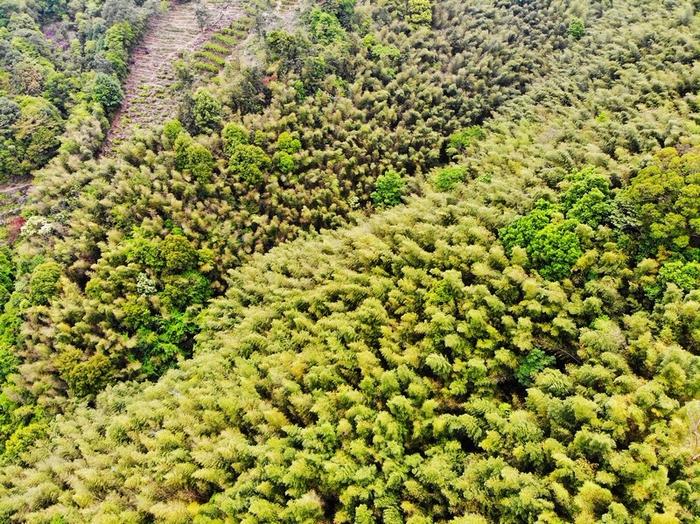Bamboo, a versatile and fast-growing plant, has been making waves across various industries as an eco-friendly alternative to traditional materials like cotton, wood, and plastic. With its myriad uses and sustainable properties, bamboo is emerging as a popular choice for environmentally conscious consumers and businesses alike.
One of the key reasons behind the growing popularity of bamboo is its remarkable sustainability. Unlike many other crops, bamboo requires minimal water, pesticides, and fertilizers to thrive. It is known to grow rapidly, with some species capable of growing up to three feet in a single day under the right conditions. This rapid growth rate means that bamboo can be harvested sustainably without causing significant harm to the environment or depleting natural resources.
Furthermore, bamboo is highly renewable, as it can be harvested without killing the plant. Unlike trees, which can take decades to reach maturity, bamboo reaches maturity within three to five years, making it an incredibly efficient and sustainable resource. This rapid growth cycle allows for frequent harvesting without the need for replanting, making bamboo a truly renewable and regenerative material.
In addition to its sustainability, bamboo offers a range of benefits that make it an attractive alternative to traditional materials. For example, bamboo fibers are known for their strength, durability, and flexibility, making them suitable for a wide range of applications, from textiles to construction materials. Bamboo fabrics are becoming increasingly popular in the fashion industry due to their softness, breathability, and antibacterial properties, making them an ideal choice for eco-friendly clothing and accessories.
Moreover, bamboo has significant potential as a replacement for plastic products. Bamboo-based bioplastics, derived from bamboo fibers or cellulose, offer a biodegradable and renewable alternative to traditional petroleum-based plastics. These bioplastics have the potential to reduce plastic pollution and minimize the environmental impact of disposable products like packaging, utensils, and containers.
Furthermore, bamboo-based materials can also serve as a sustainable alternative to wood. Bamboo’s rapid growth and regenerative properties make it an excellent source of timber for construction, furniture, and flooring. Bamboo is often praised for its strength-to-weight ratio, making it a durable and lightweight alternative to traditional hardwoods. Additionally, bamboo forests help mitigate climate change by absorbing carbon dioxide and releasing oxygen, making them invaluable in the fight against global warming.
As awareness of environmental issues continues to grow, consumers and businesses are increasingly seeking out sustainable alternatives to traditional materials. Bamboo’s unique combination of sustainability, versatility, and eco-friendly properties positions it as a leading contender in the quest for more environmentally responsible products. By incorporating bamboo into various industries, we can reduce our reliance on finite resources, minimize environmental degradation, and work towards a more sustainable future for generations to come.
Post time: Apr-02-2024








